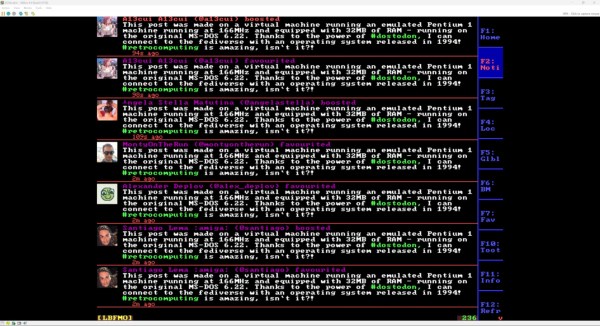For many of us of a particular vintage, the internet blossomed in the ’90s with the invention of the Web and just a few years of development. Back then, we had the convenience of expression on the WWW and the backup of mature services such as IRC for all that other stuff we used to get up to. Some of us still hang out there. Then something happened. Something terrible. Big-commerce took over, and it ballooned into this enormously complex mess with people tracking you every few seconds and constantly trying to bombard you with marketing messages. Enough now. Many people have had enough and have come together to create the Tildeverse, a minimalist community-driven internet experience.

Tilde, literally ‘ ~ ‘, is your home on the internet. You can work on your ideas on a shared server or run your own. Tilde emphasises the retro aesthetic by being minimal and text-orientated. Those unfamiliar with a command line may start getting uncomfortable, but don’t worry—help is at hand. The number of activities is too many to list, but there are a few projects, such as a collaborative Sci-Fi story, a radio station, and even a private VoIP server. Gamers are catered for as long as you like Minecraft, but we think that’s how it should go.
The Tildeverse also supports Gopher and the new Gemini protocol, giving some people a few more options with which to tinker. The usual method to gain access is to first sign up on a server, then SSH into it; you’re then taken to your little piece of the internet, ready to start your minimalist journey into the Tildeverse.
A couple of videos after the break go into much more detail about the whys and hows of the Tildeverse and are worth a chunk of your time.
We’ve talked about the ‘small web’ before. Here’s our guide to Gemini.
Continue reading “Taking Back The Internet With The Tildeverse”














